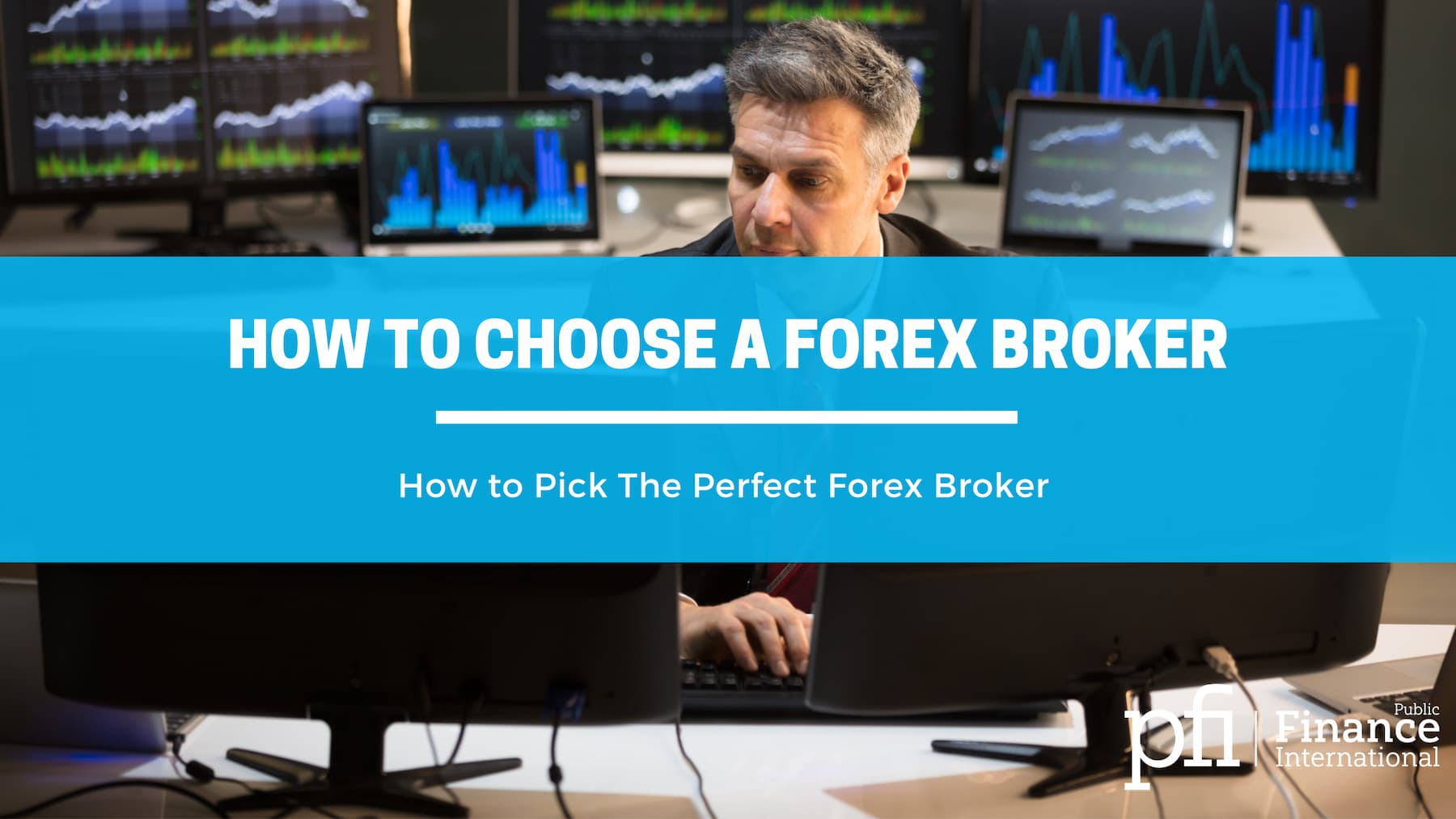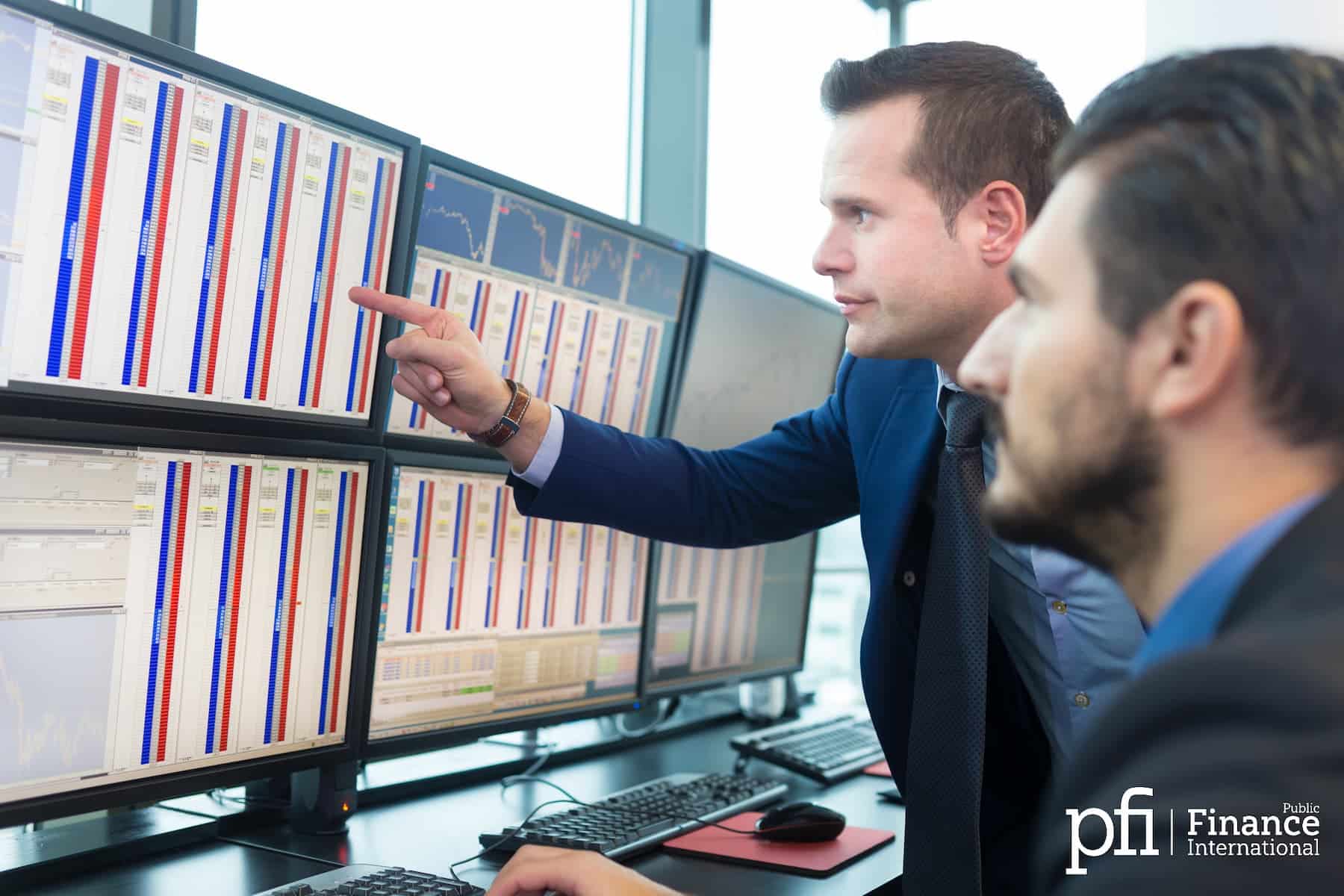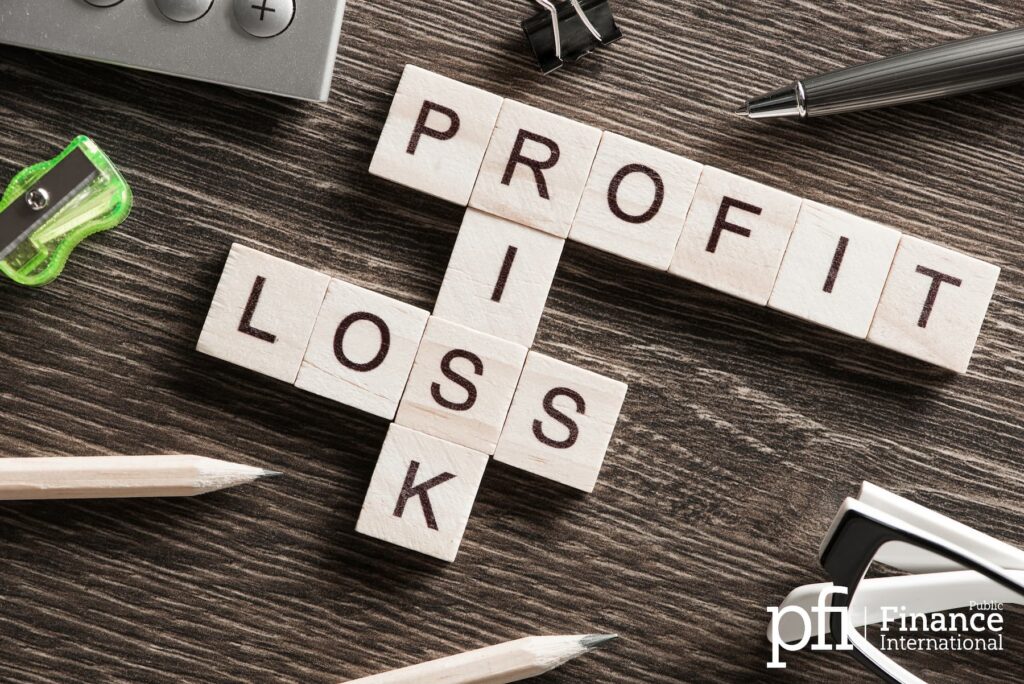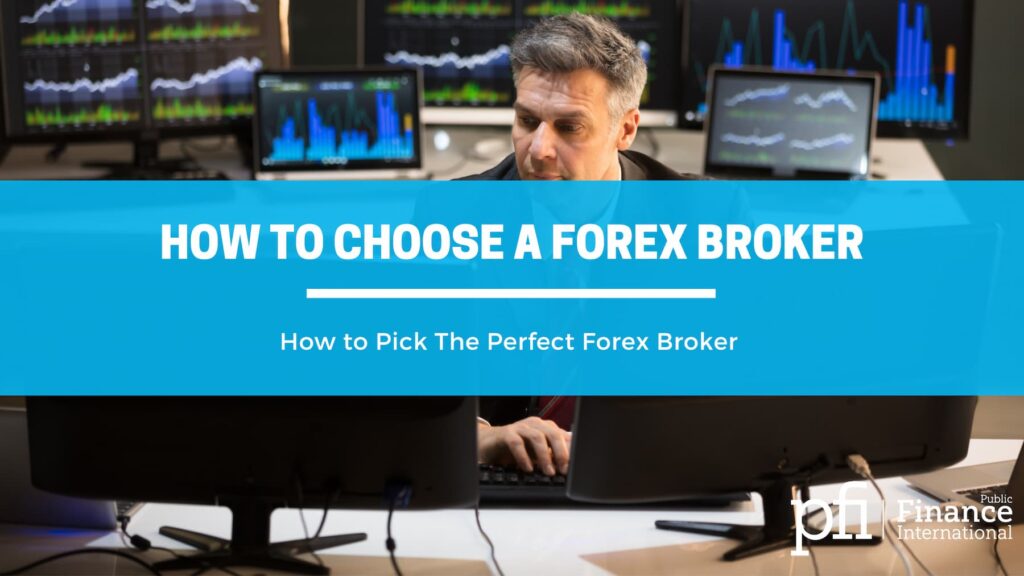If you are looking to start trading in the foreign exchange market, you will have to pick a forex broker. There are many online forex brokers, all competing to win you as a customer. In this article, we list out the key points to consider before when choosing a forex broker that is right for your needs.
Even though there's no right or wrong way to start forex trading, finding the right broker will make trading more manageable. If you're interested in forex trading, we're here to help you understand what a forex broker is and how to choose the best one for your situation.

What Is a Forex Broker?
The forex market is designed on an interbank system, unlike the London Stock Exchange or the New York Stock Exchange. The interbank system that forex trading occurs on is a network where financial organizations can trade currencies directly.
For people who want everyday access to this particular network, you need to have a broker who can give you access. Brokers are there to help enable traders to buy and sell on the forex market. When you use a broker, you get access to purchase and trade while they get a commission for your trading. So, a forex broker will help you trade within the forex market.
How To Choose the Right Forex Broker For You
Since you'll need a broker to help you trade forex, finding the right forex broker is critical to starting your journey. The good news is that finding a broker isn't as challenging as you might think. Despite not being difficult, there are several factors that you'll want to consider when choosing the right forex broker for you.
Types of Brokers
Many people assume that there's only one kind of forex broker, but that's not true. As you look for a forex broker, knowing the different types can help you better understand which is a good option for your situation. Knowing how a broker operates in the market is vital. These are a few of the different types of forex brokers:
- Straight-Through-Processing (STP): These brokers offer no manual intervention when you make any trades on the forex platform. An STP is an excellent option for the broker because it allows you to make money, keeping you with them for longer.
- Market Makers: Market Maker brokers won't hedge their customer's positions with liquidity providers. They take the risk on themselves, meaning that a customer's loss is their profit, and their loss is their customer's profit.
- Direct Market Access (DMA): Orders with these brokers are sent directly to the market and not interfered with by the brokers.

Broker Reputation
For the most part, finding out if a broker is the right one for you means you have to try them. While that's true, you can form opinions about them without trying them if you look into their reputation based on customer reviews.
You can look at various reviews, discussion boards on trading forums, their website for any awards or accolades, and more to help you see the consensus regarding their reputation. While it can be helpful to see what others are saying about the broker, making your own decision will be the best for you.
The Variety of Markets
A high-quality broker will have several trading products for their clients to trade. Some traders might want to focus on cryptocurrencies or oil but are frustrated when their broker doesn't offer those products.
It's always best to choose a forex broker that offers a variety. Even if you don't know what product or products you want to focus on, having options can give you a more positive trading experience.
Costs, Commissions, Swaps, and Spreads
Brokers will charge commission fees, so knowing those can help you choose the right broker. Depending on the market and trading methods, they might have varying commission rates to consider. Some might have no commission on trades but a higher one on spreads.
A spread is a difference between your buy and the selling price. The lower the spread, the better it is for the trader or client. You'll often see brokers talking about low spreads, which is an excellent factor to see.
As for swaps, these are for those who have currency positions. These trades have fees, also known as a swap rate, and are positive or negative.
Speed of Execution
Most traders place a lot of importance on execution speed. A fast execution speed offers more accuracy when seeing prices on the market. Your broker should be able to inform you of the speed of execution that they usually see and any variations that might occur based on the time of day or week.
You can also use their demo accounts to test execution speed, but something you need to keep in mind when doing this is that they're not always 100% accurate. They might be a little faster or slower than the true speed of the broker's execution.
Slippage
Slippage is when a trade is executed at a different price than what it's listed for. It can be positive or negative when dealing with slippage, depending on how much slippage there is. If you're lucky, you'll get a better price than listed initially and not the other way around.
Brokers can't eliminate slippage, but they can address how often they experience it and inform their potential clients.
Trading Tools and Platforms
Brokers will offer clients access to trading tools and platforms. For the most part, brokers will give their clients access to MetaTrader 4 but offer additional tools and resources. It depends on the broker you go with, but they should be able to tell you which ones they offer on their website or when you reach out to their customer service representatives.
Education Options
Great forex brokers will offer educational resources to their clients. These products will help them build their trading skills and help them have a better understanding of how to make smart trading decisions.

Examples of educational materials include ebooks, downloadable pamphlets, emails, and blog posts that they can access at any point throughout the day. Some will even host webinars where they have brokers or other trading professionals talk about key factors in trading.
Even those who have experience trading can benefit from educational materials because the markets are ever-changing. These tools are essential when choosing a broker if you're a beginner.
Leverage
Depending on the jurisdiction you're in, there's a maximum for the leverage a broker can offer a regulator. When a regulator sets the leverage, it can mean there's no difference between brokers within the same jurisdiction. On the other hand, there are jurisdictions without any leverage restrictions. No matter what levels are offered, the more leverage, the higher the risk.
Fund Managing Options
Brokers will offer their customers ways to deposit and withdraw funds from their trading accounts. Some will only have one deposit method, while others have several. What type of deposit and withdrawal option you prefer is a personal preference, but making sure that the broker you're looking at has the options you want is vital.
Some forex brokers only offer localized options which can be fine if you're in that area, but not as beneficial if you're located elsewhere. Even if the broker has choices you're not a massive fan of, making sure you're able to use them, in general, is another essential factor to consider.
Demo Accounts
Whether new to trading or not, having a forex broker who offers a free demo so you can get the hang of trading can help with risk management. When you know what you're doing or have a better understanding, your risks will be much lower.
These demo accounts will allow you to use virtual funds that aren't real to practice trading on forex and understand how everything works without risking your real money. Most of these demo accounts will become inactive after a specified period, but a forex broker who offers this tool is one you should consider going with.
Some brokers allow you to have access to these demo accounts indefinitely, so you can try out new strategies whenever you want. Either way, they're a great tool.
Customer Support
Even with the most experienced brokers, things can go wrong, or people will have questions from time to time. Having excellent customer service is an important factor with a forex broker. No broker will have everything go perfectly all the time, but as a trader, you want to know you can get in touch with them or someone that offers customer service for them frequently.
Customer support can be via phone calls, emails, live chat, or any other customer service form or method. Another thing to consider when looking at their customer service is if they offer customer support in your language. If they don't, that could indicate that you might need to look at a different broker.
Licensed and Regulated
One of the most important factors when choosing the right forex broker is looking for one that's licensed and regulated. Besides all the other factors you should consider when making your decision, seeing that they have a broker license and are controlled by a regulating body can give you some reassurance that they have high standards and are a safe broker.
Sometimes brokers operate in more than one jurisdiction. You'll want to double-check that they have a license for where you wish to trade. They might have one for one jurisdiction but not the other. It's important to check this to verify their license, but they should also list it on their website if they have a website you can research.
Are Forex Brokers Reliable?
Overall, forex brokers are reliable. Of course, there will be some that you might find more or less reliable than others. Because of the nature of the forex market, there have been many forex scams and pyramid forex schemes over the years.
As we mentioned, one of the main things you'll want to look for when choosing a forex broker is their reputation and if they're regulated.

When you choose a broker with a positive reputation and is regulated, they're going to be far more reliable than a forex broker that isn't regulated or has a more harmful or polarizing reputation.
Something you can look into if you're still a little skeptical about the reliability of your broker is to find one that offers clients fund protection. Finding a broker that has fund protection will give you some insurance on your funds, so they're not all in your broker's hands. Generally, if you don't believe you can trust your broker, they might not be the right one for you.
For the most part, forex brokers are reliable. As long as you do a thorough check on them before choosing them, you shouldn't have any issues. You’ll want to make sure you assess reliability based on reviews and other clients.
Final Thoughts
Choosing the right forex broker will give you a far more positive experience when trading on the forex market. You'll need a broker to access the market in the first place. Still, a high-quality and professional broker will have fair commission rates, customer service, provide you with educational tools, and more.
As you browse for the right forex broker for you, be sure to take into consideration the above factors when making your decision. You'll be trading on the forex market in no time once you find an excellent forex broker.
